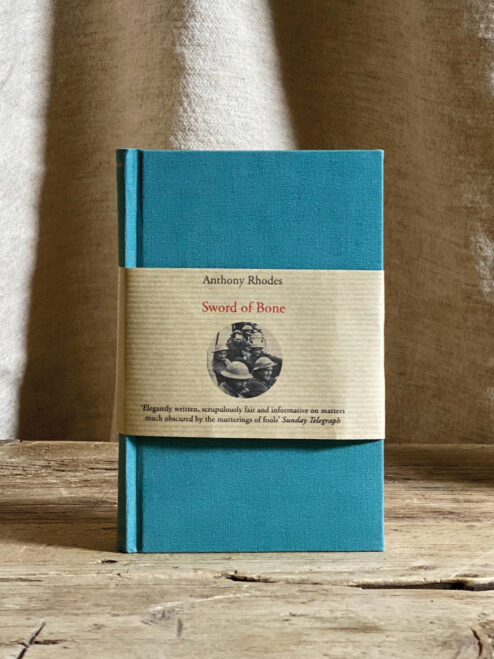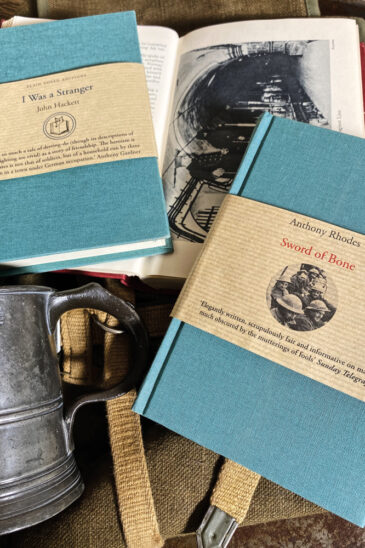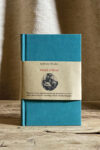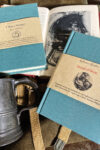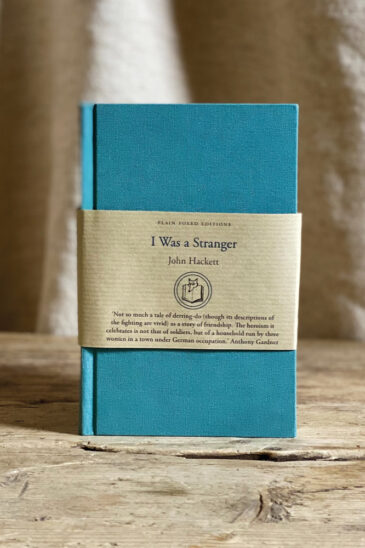It’s hard to imagine that anyone who took part in the disaster of Dunkirk could write an amusing book about it. But that is what Anthony Rhodes has done in Sword of Bone, his wry account of the events leading up to the evacuation of the British Expeditionary Force in May 1940 – a ‘strategic withdrawal according to plan’ as the chaos was officially described.
But this isn’t a heartless book. Rhodes doesn’t deny the awfulness of war, though the fighting mainly takes place offstage. But being observant and cool-headed, with an ironic sense of humour, he manages to capture the absurdity as well as the tragedy of what took place. Sword of Bone is very far from what is usually meant by a ‘war book’.
Fresh from reading mechanical sciences at Cambridge, Rhodes was commissioned into the Royal Engineers on the eve of the Second World War. Memories of the First War were all too fresh in 1939, and he had nightmares about trench warfare. Instead, hanging about in France during the period known as the ‘phoney war’, he and his fellow officers were entertained to sumptuous meals by local dignitaries and enjoyed sociable springtime visits to Paris and to the Maginot Line. However, the French had failed to extend this supposedly impregnable fortification as far as the coast in order not to offend the neutral Belgians and the British set about doing so – work for which Rhodes had to requisition the materials.
The whole experience had elements of French farce – the hastily arranged billeting of the platoon in a convent; the embarrassments caused by the fact that French doctors had red lights over their surgery doors; the lack of supplies followed by huge over-supplies of building materials – but when the Germans finally bypassed the Maginot Line all that was over. Rhodes gives a terrifying description of what it was like being dive-bombed by the Germans on the beach at Dunkirk. It was an experience that would affect him deeply. For all its humour, Sword of Bone is a penetrating comment on the cruelty of war.
‘Elegantly written, scrupulously fair and informative on matters much obscured by the mutterings of fools’ Sunday Telegraph
Hanging Out on the Maginot Line
In 1989 I was commissioned to write and present a programme about the Phoney War for BBC Radio 4. My research took me to the Imperial War Museum’s sound archives and the testimony of a Dunkirk...
Read more




